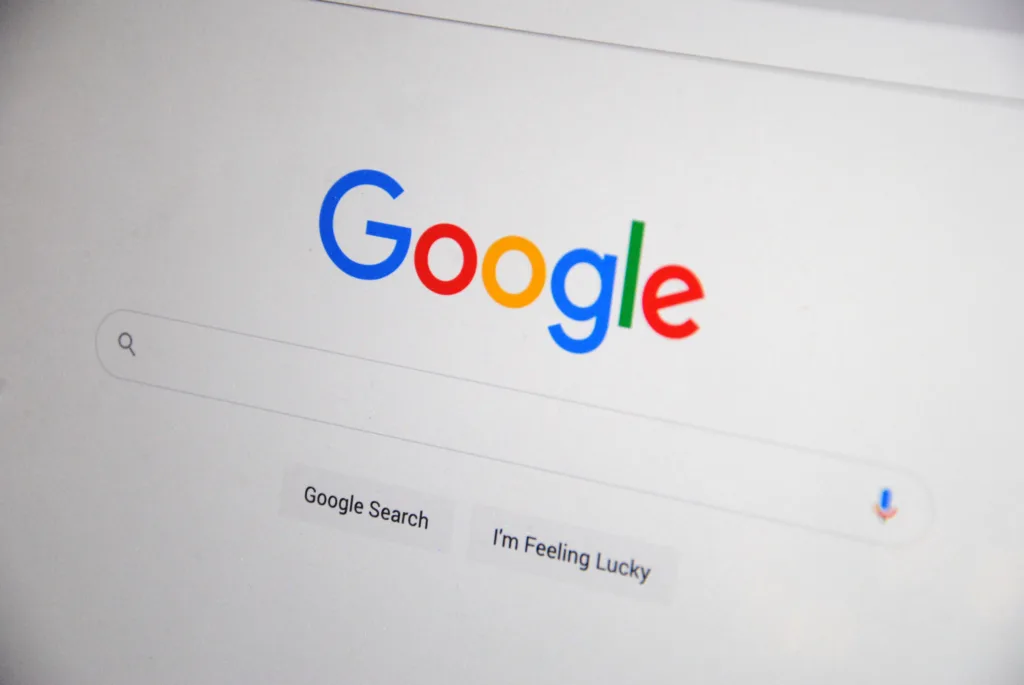In the ever-evolving landscape of digital marketing, Pay-Per-Click (PPC) advertising remains a potent and versatile tool for businesses looking to expand their online reach and drive measurable results. In this blog, we’ll delve deep into the world of PPC in digital marketing, exploring what it is, how it works, and how you can leverage it to achieve your marketing objectives.

What Is PPC in Digital Marketing?
PPC, or Pay-Per-Click, is a form of online advertising in which advertisers pay a fee each time their ad is clicked. Essentially, it’s a way of buying visits to your website rather than attempting to earn those visits organically. This model is most commonly associated with search engine advertising, like Google Ads, but it also extends to social media platforms such as Facebook and LinkedIn.
How Does PPC In Digital Marketing Work?
Keyword Selection: The first step in a PPC campaign is selecting the right keywords or key phrases that are relevant to your business or campaign objectives. These keywords are what trigger your ads to appear when users search for them.
Ad Creation: You’ll create compelling ad copy and select visuals that resonate with your target audience. These ads are displayed when users search for the chosen keywords.
Bid Management: You set a maximum bid for each keyword, which represents the highest amount you’re willing to pay for a click on your ad. Your bid, along with the quality of your ad and landing page, determines your ad’s position in search results.
Ad Placement: Once your ads are created and bids are set, they enter an auction whenever someone searches for the keywords you’ve chosen. The search engine’s algorithm considers various factors to determine the ad’s placement.
Clicks and Conversions: When a user clicks on your ad, you’re charged the amount of your bid. Ideally, the click leads to a desired action, such as a purchase, sign-up, or download, which represents a conversion.
Advantages of PPC in Digital Marketing
Instant Visibility: PPC ads can appear at the top of search results instantly, giving your business immediate visibility.
Precise Targeting: You can target specific keywords, locations, demographics, and even the device used by the searcher, ensuring your ads reach the right audience.
Measurable Results: PPC provides detailed metrics, allowing you to track clicks, conversions, and ROI accurately.
Budget Control: You have full control over your budget, making it easy to adjust spending based on performance.
A/B Testing: You can experiment with different ad copy, visuals, and landing pages to find what resonates best with your audience.
Tips for Effective PPC Campaigns
Keyword Research: Thorough keyword research is the foundation of a successful PPC campaign.
Compelling Ad Copy: Craft persuasive ad copy that encourages clicks and conversions.
Landing Page Optimization: Ensure that the landing page provides a seamless experience and aligns with the ad’s message.
Budget Management: Monitor your spending and adjust bids to maximize ROI.
Continuous Optimization: Regularly review and refine your campaigns based on performance data.
In conclusion, PPC in digital marketing is a dynamic and effective strategy for businesses looking to increase their online visibility and drive results. When executed strategically, PPC campaigns can deliver targeted traffic, boost conversions, and provide a positive return on investment. By understanding the fundamentals and following best practices, you can harness the full potential of PPC advertising to achieve your marketing goals.